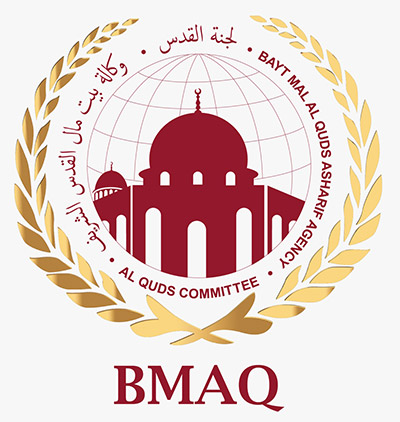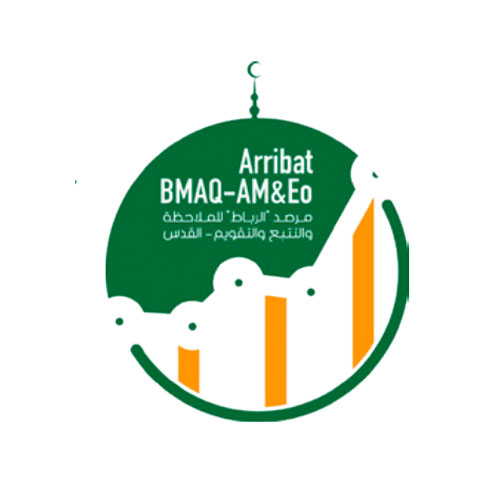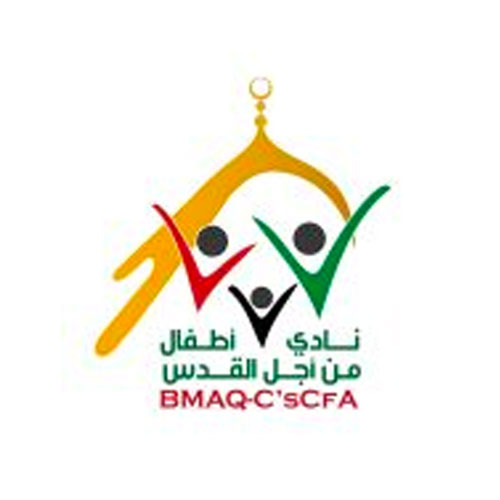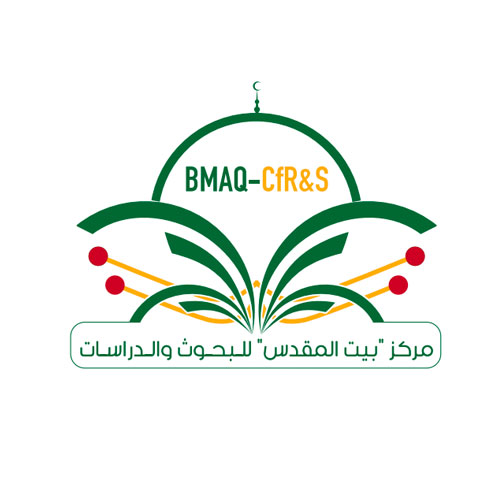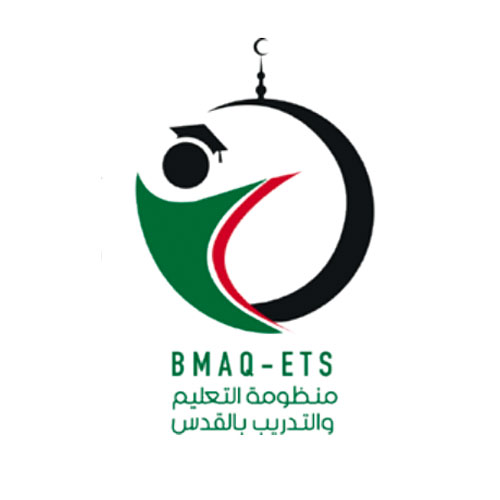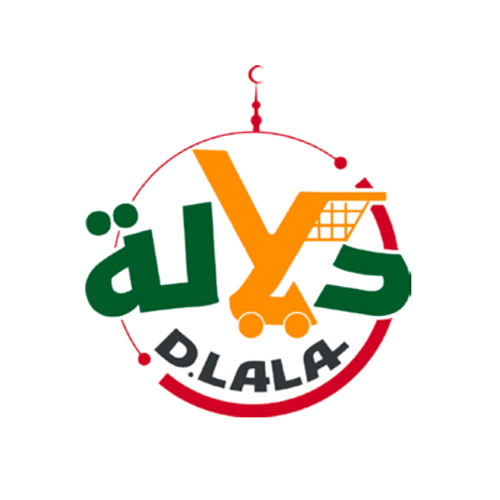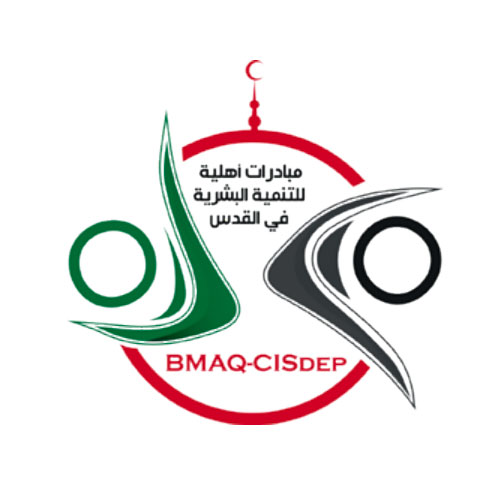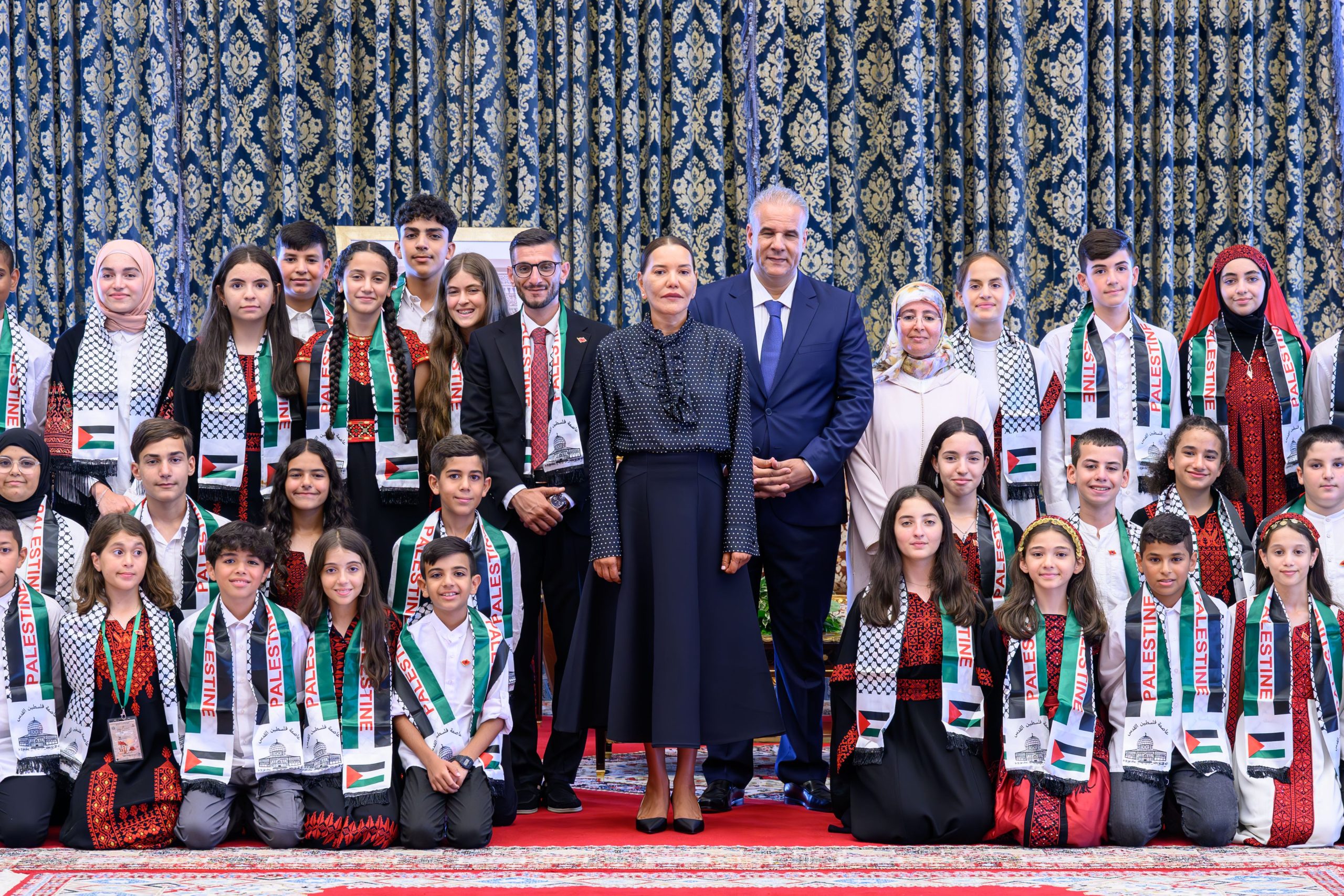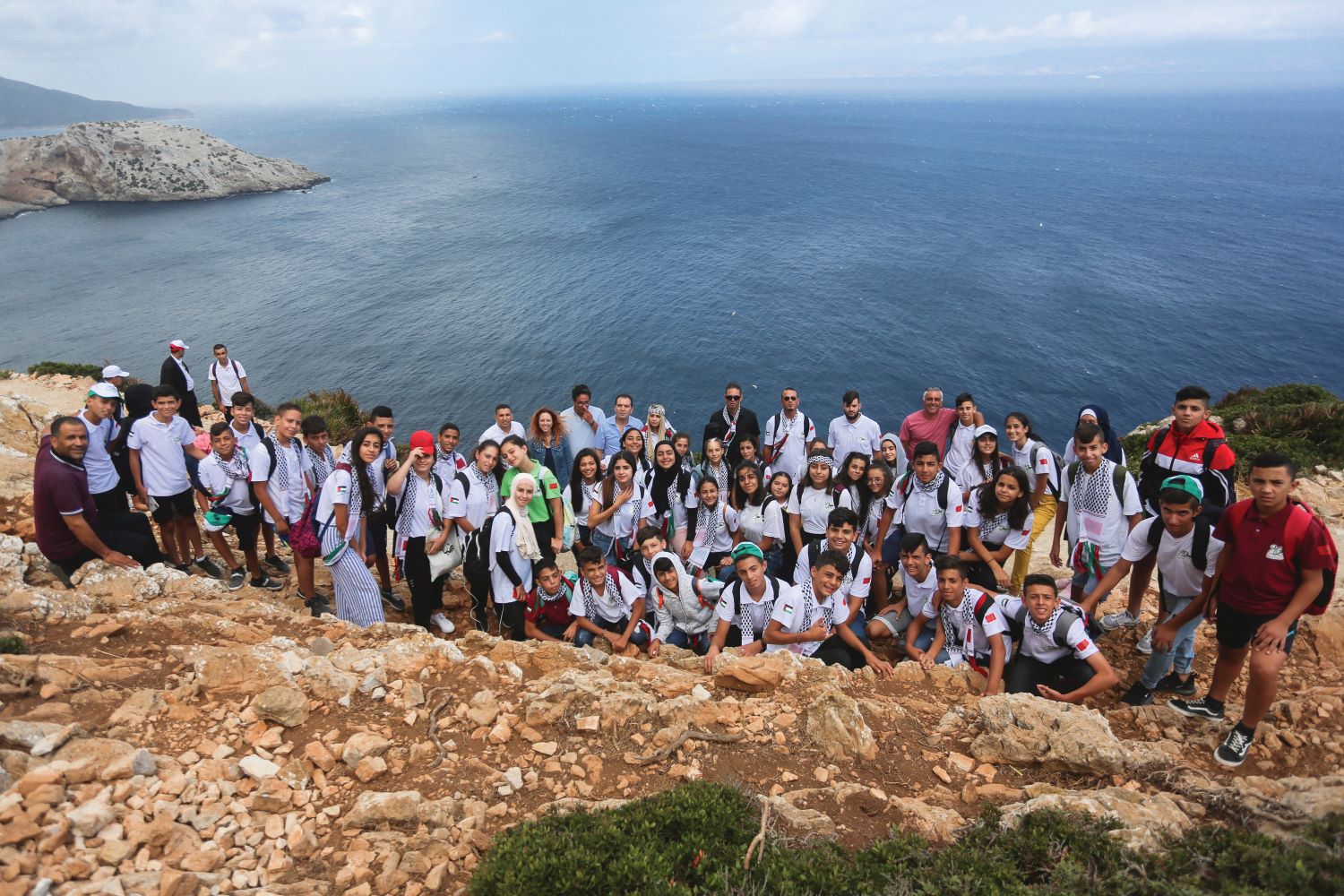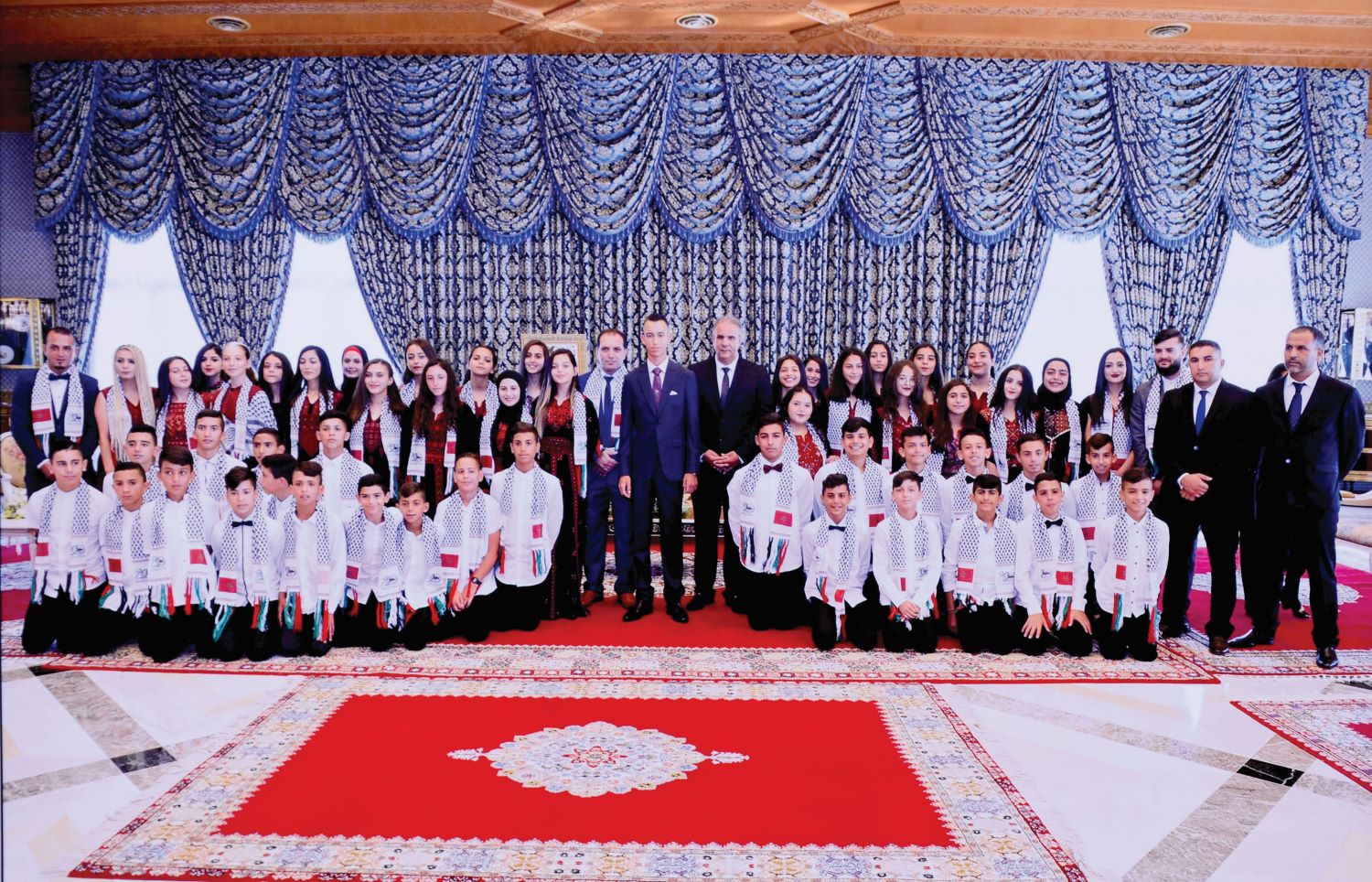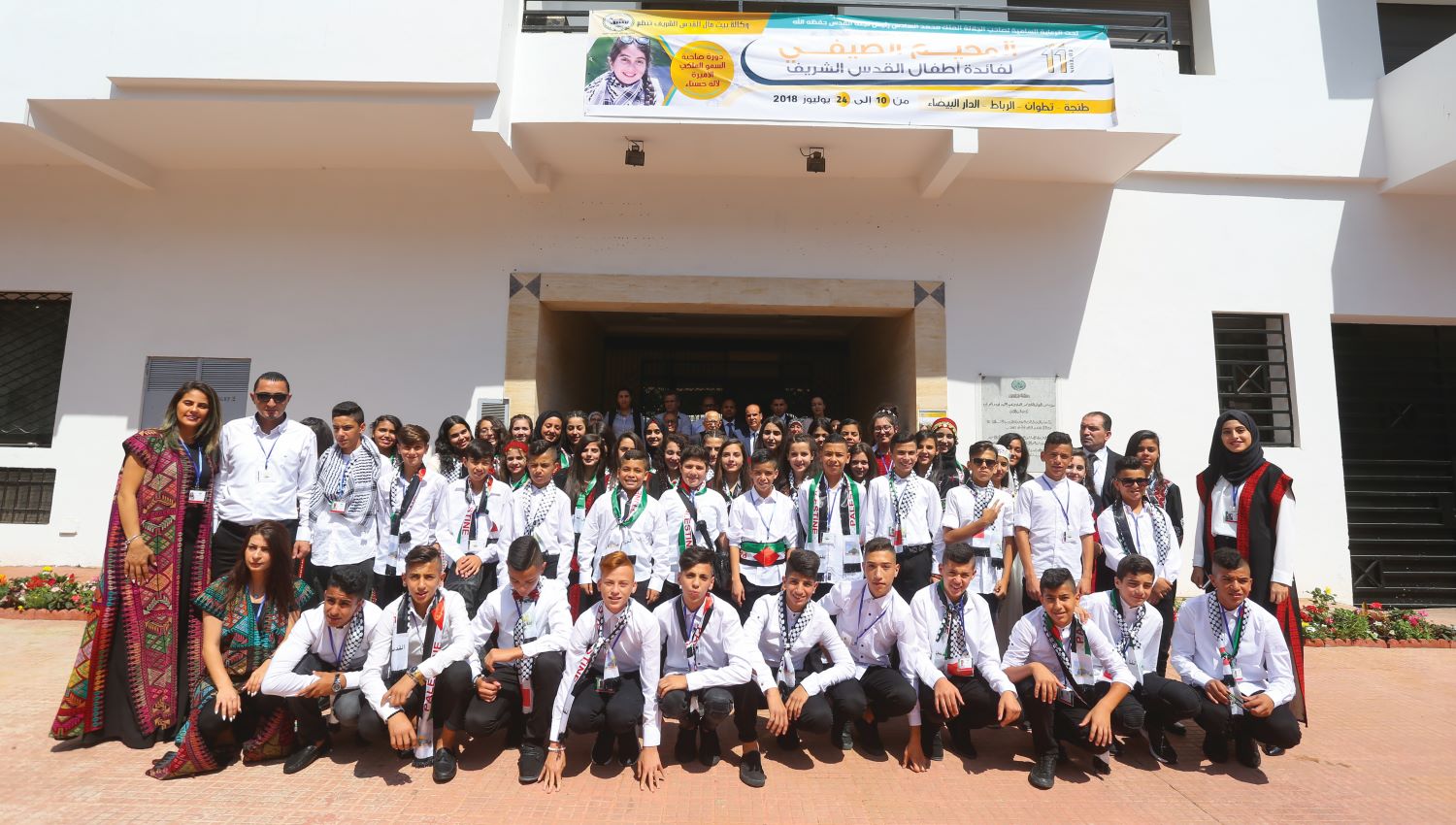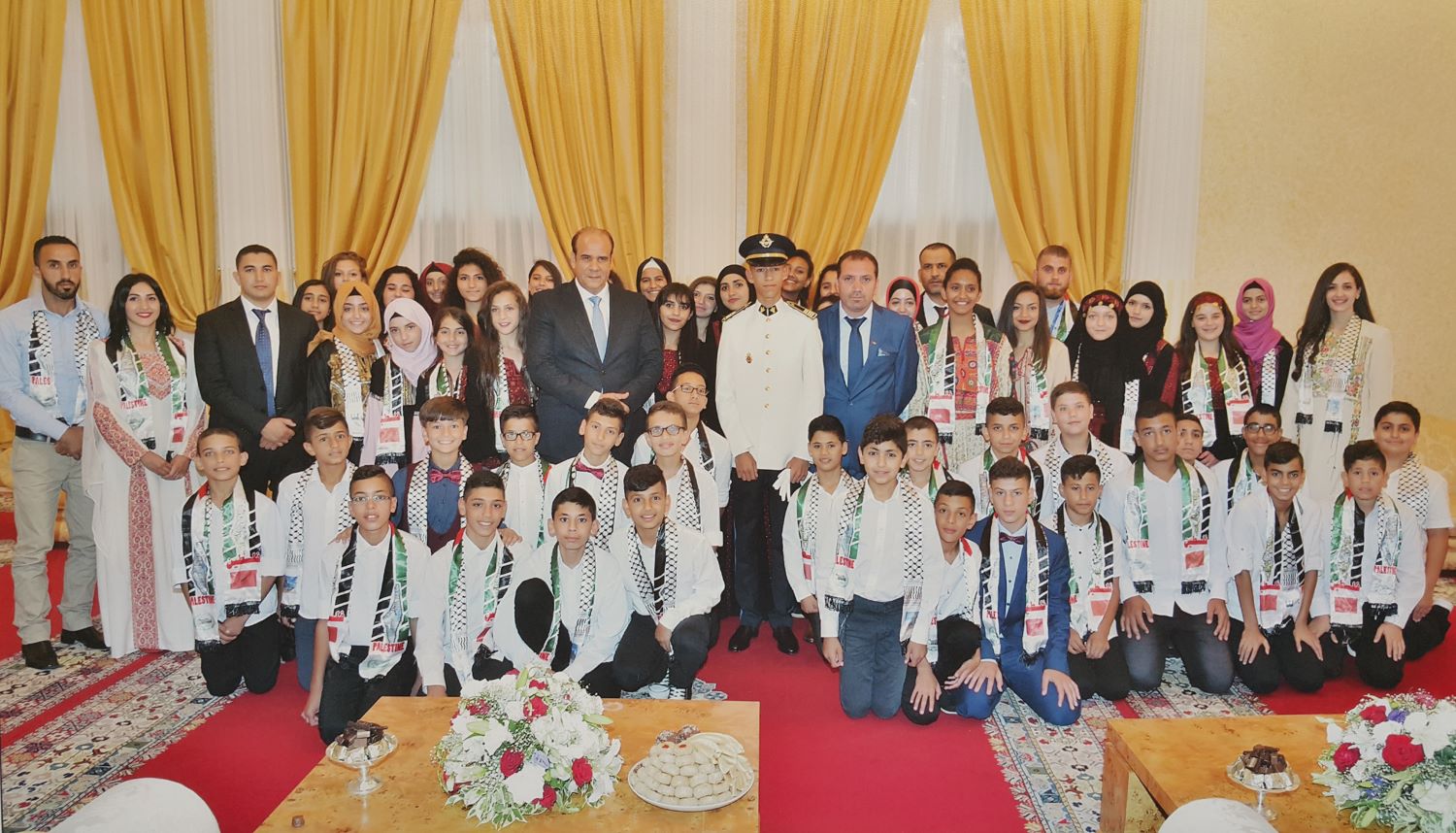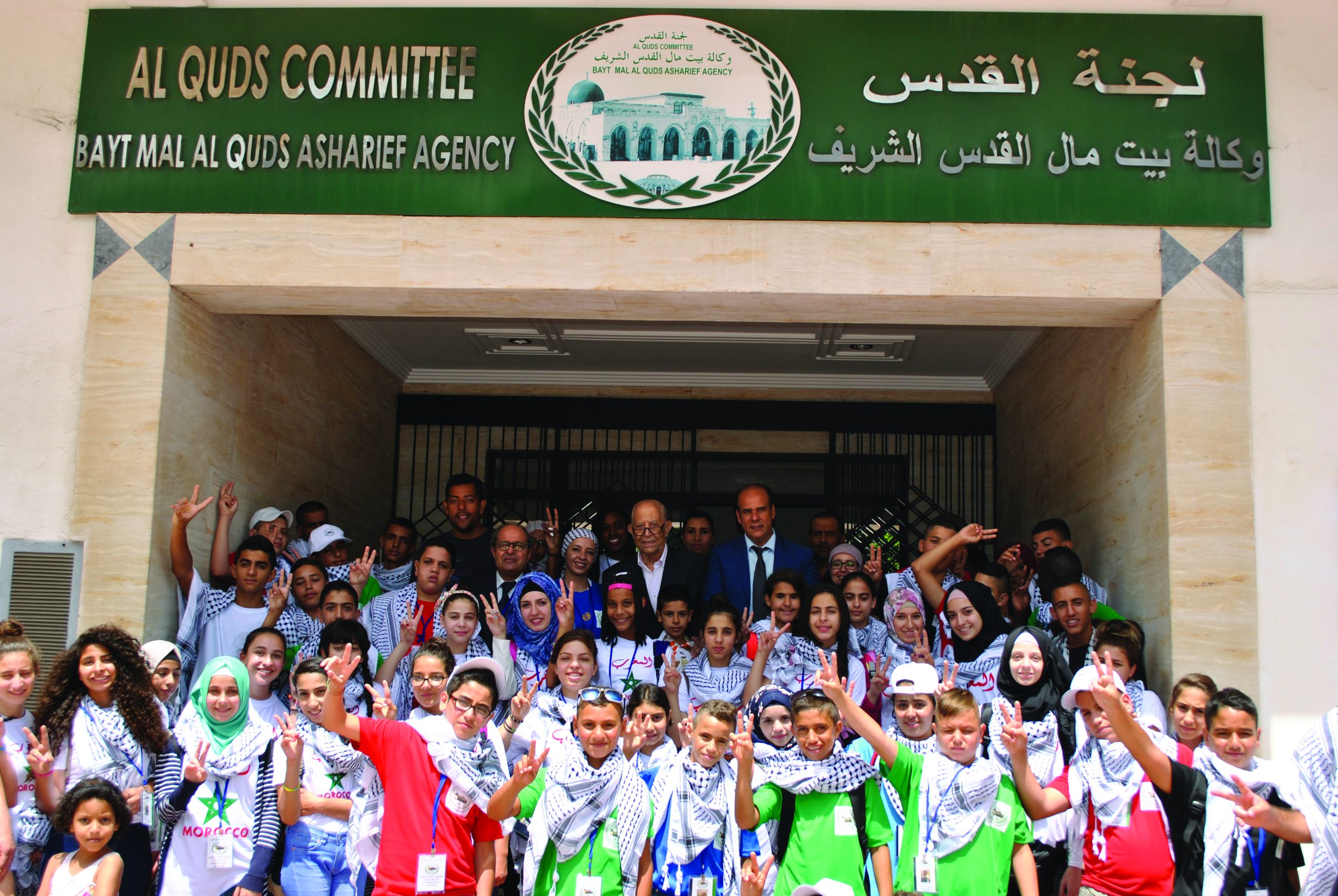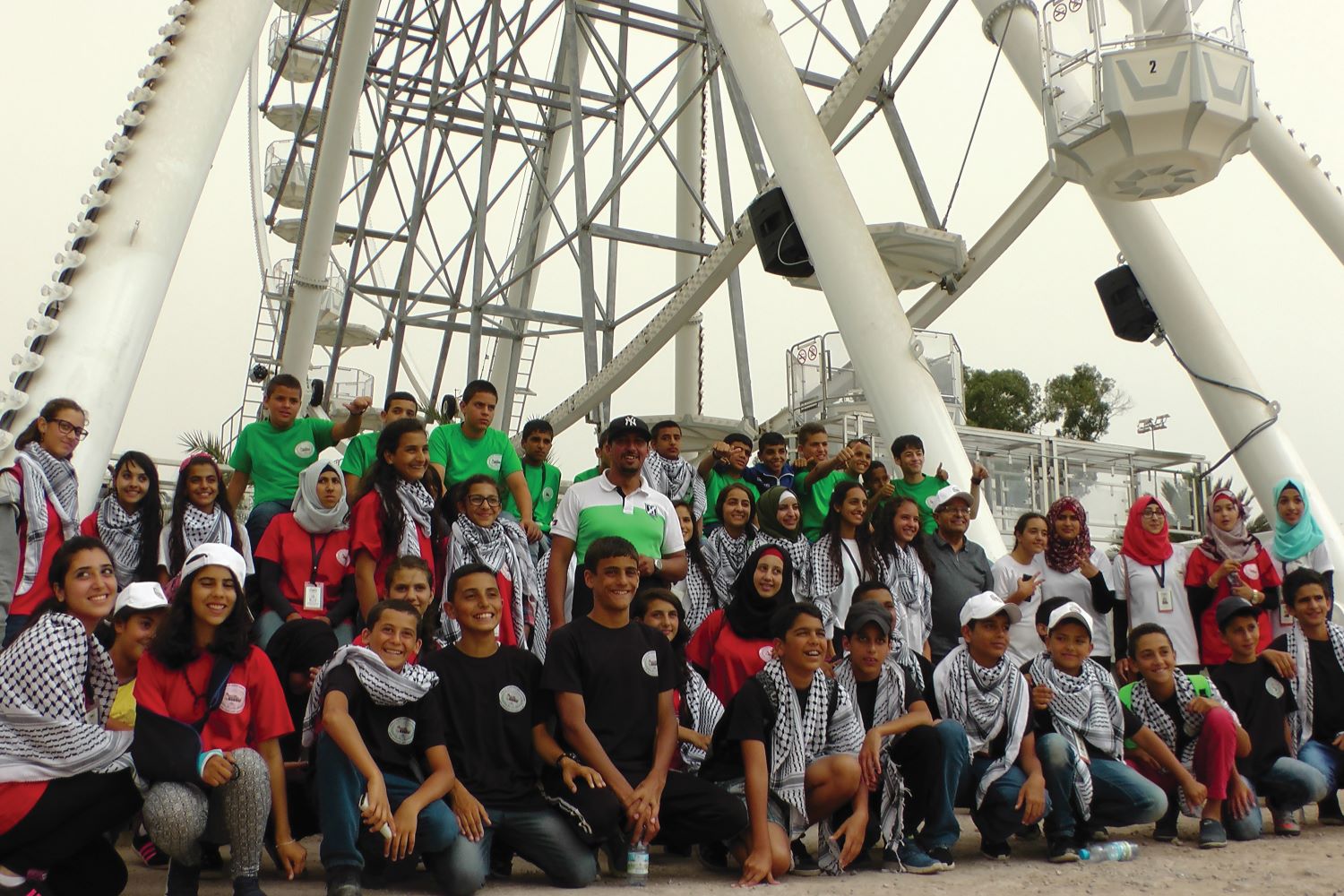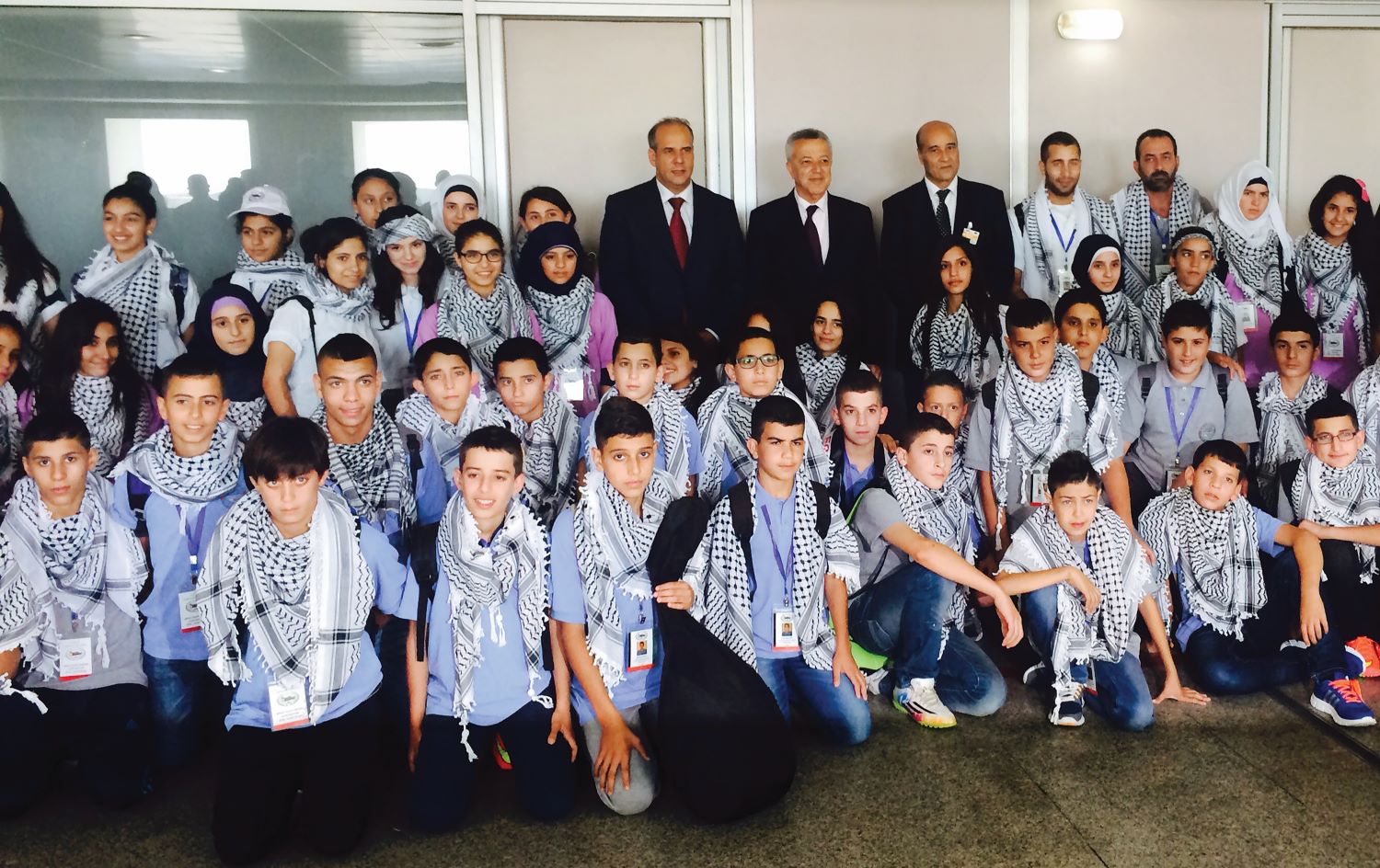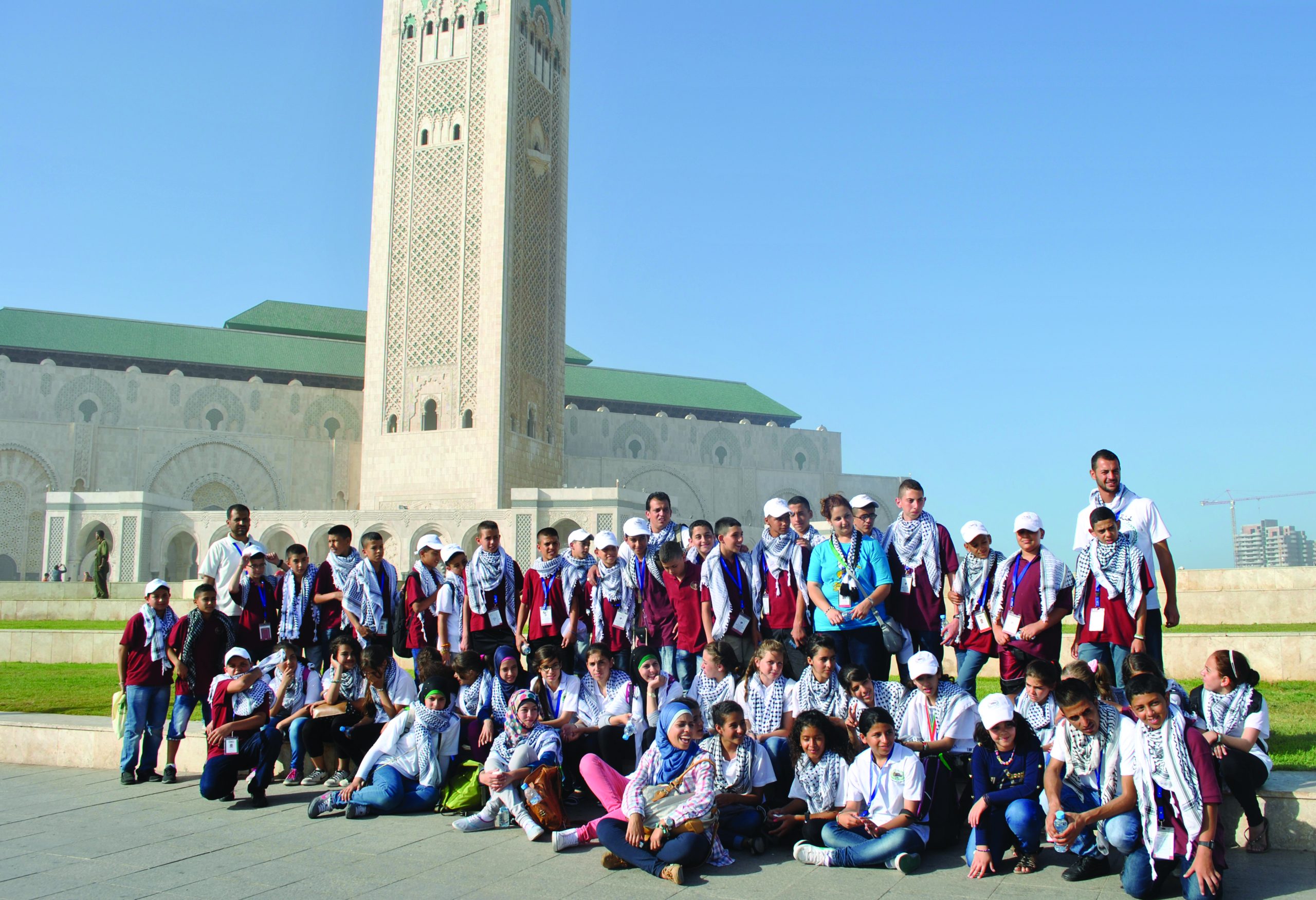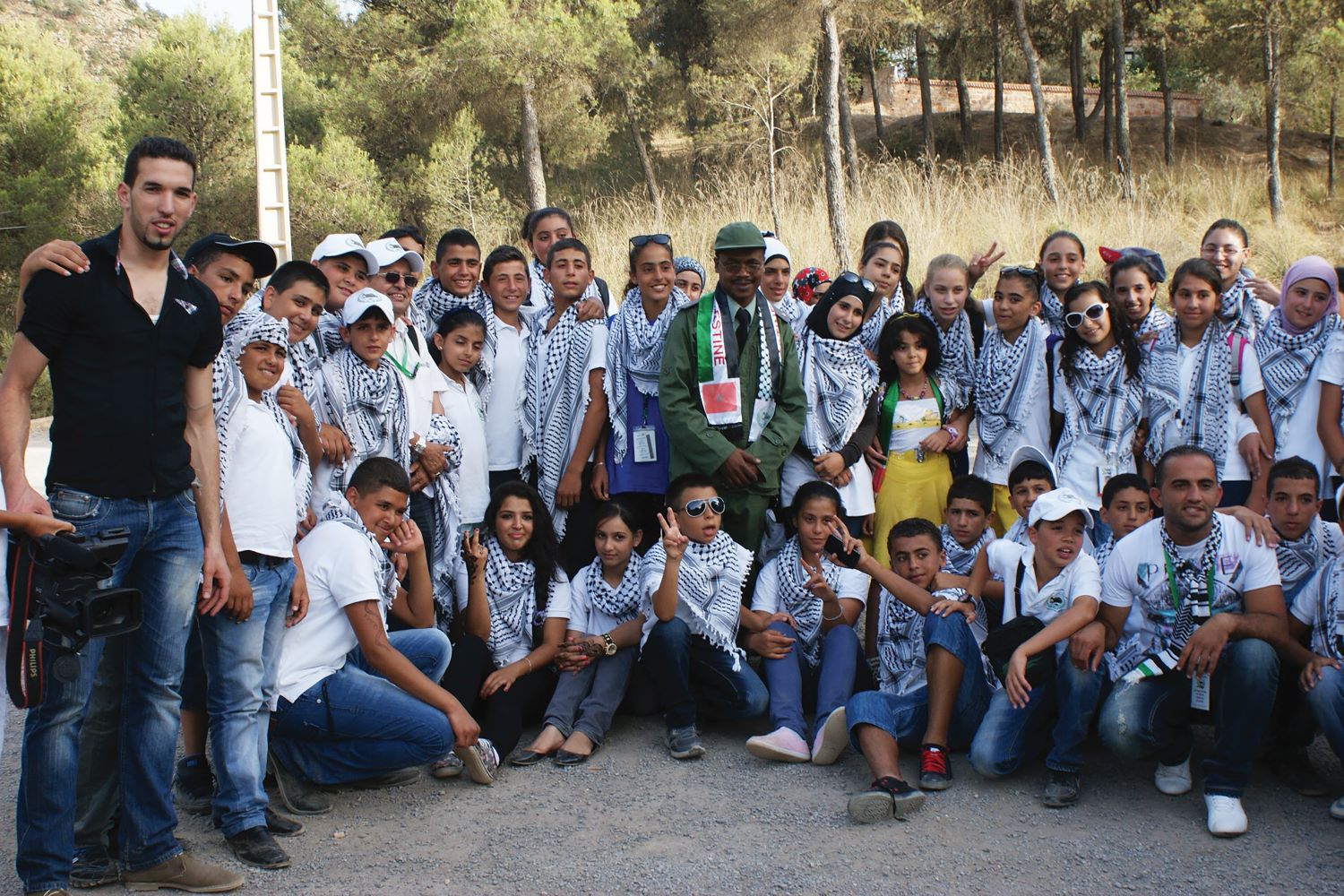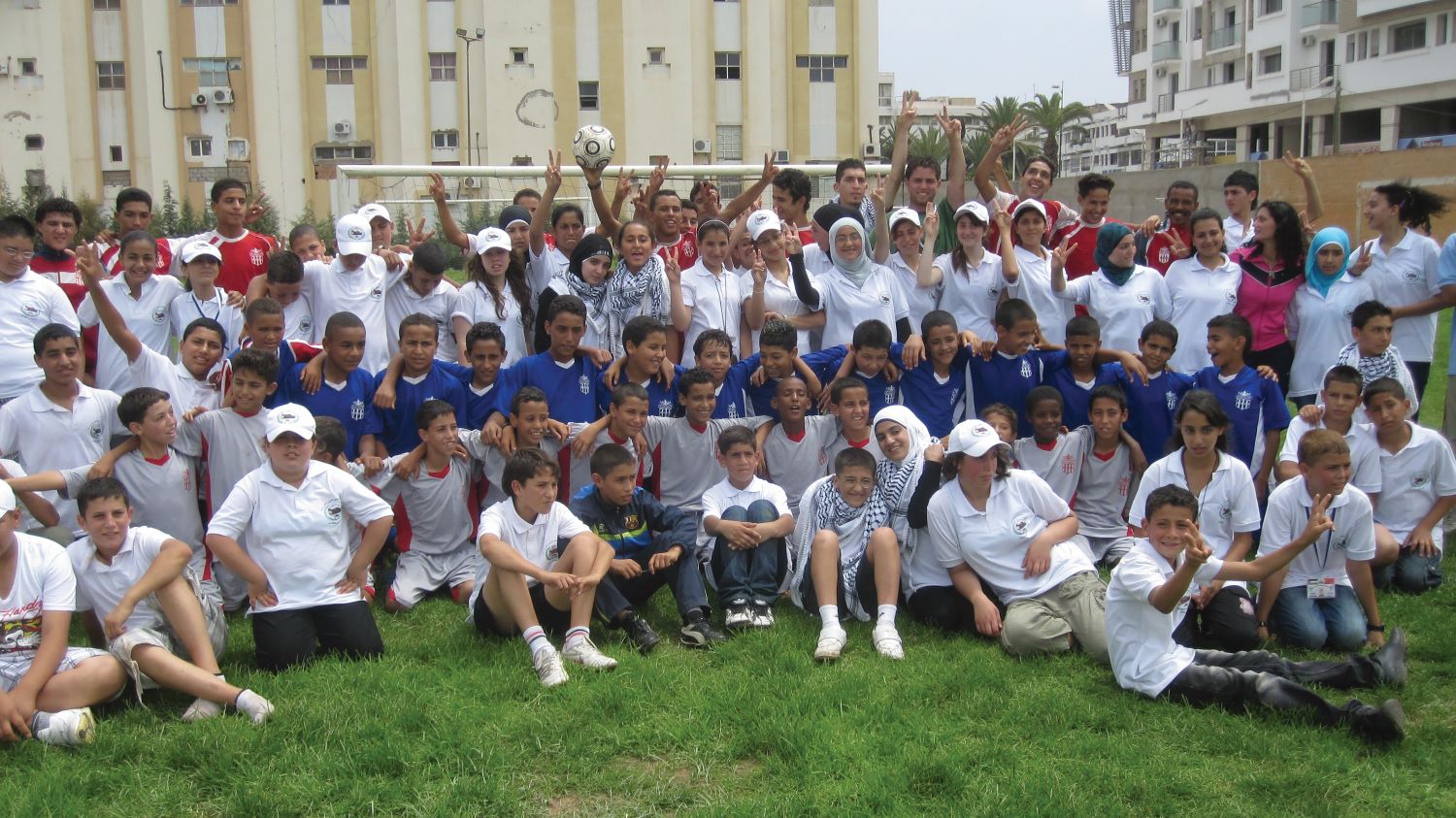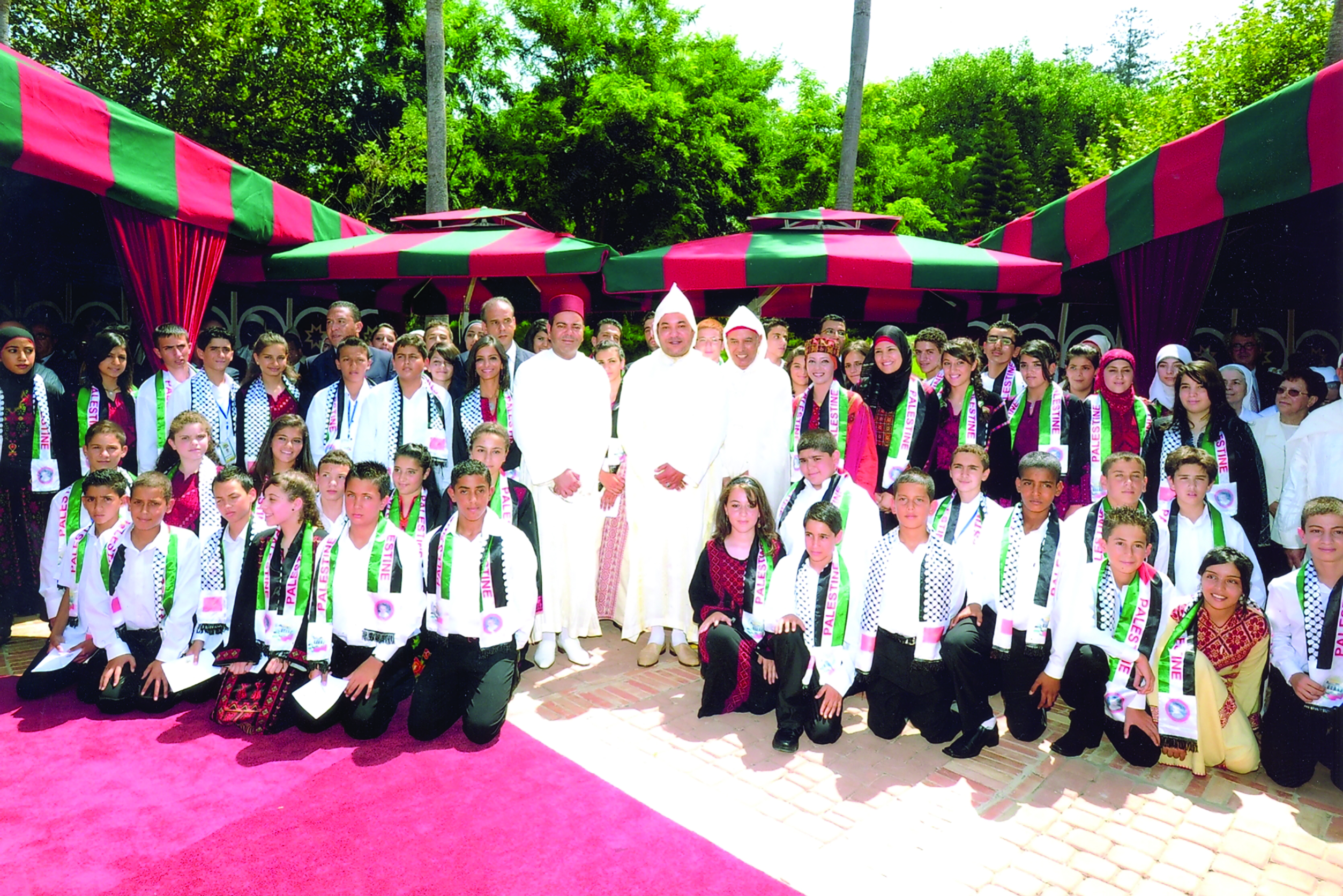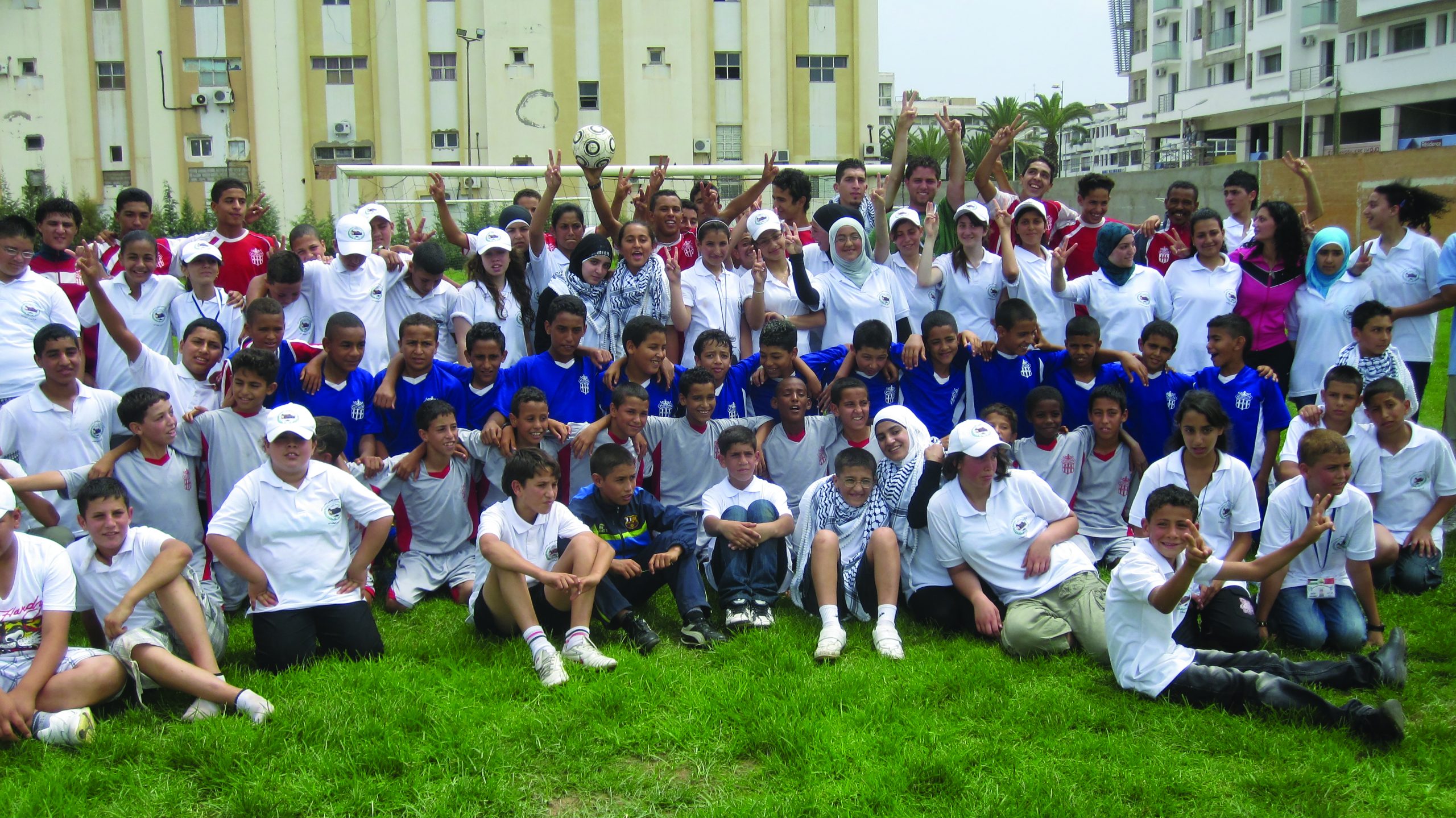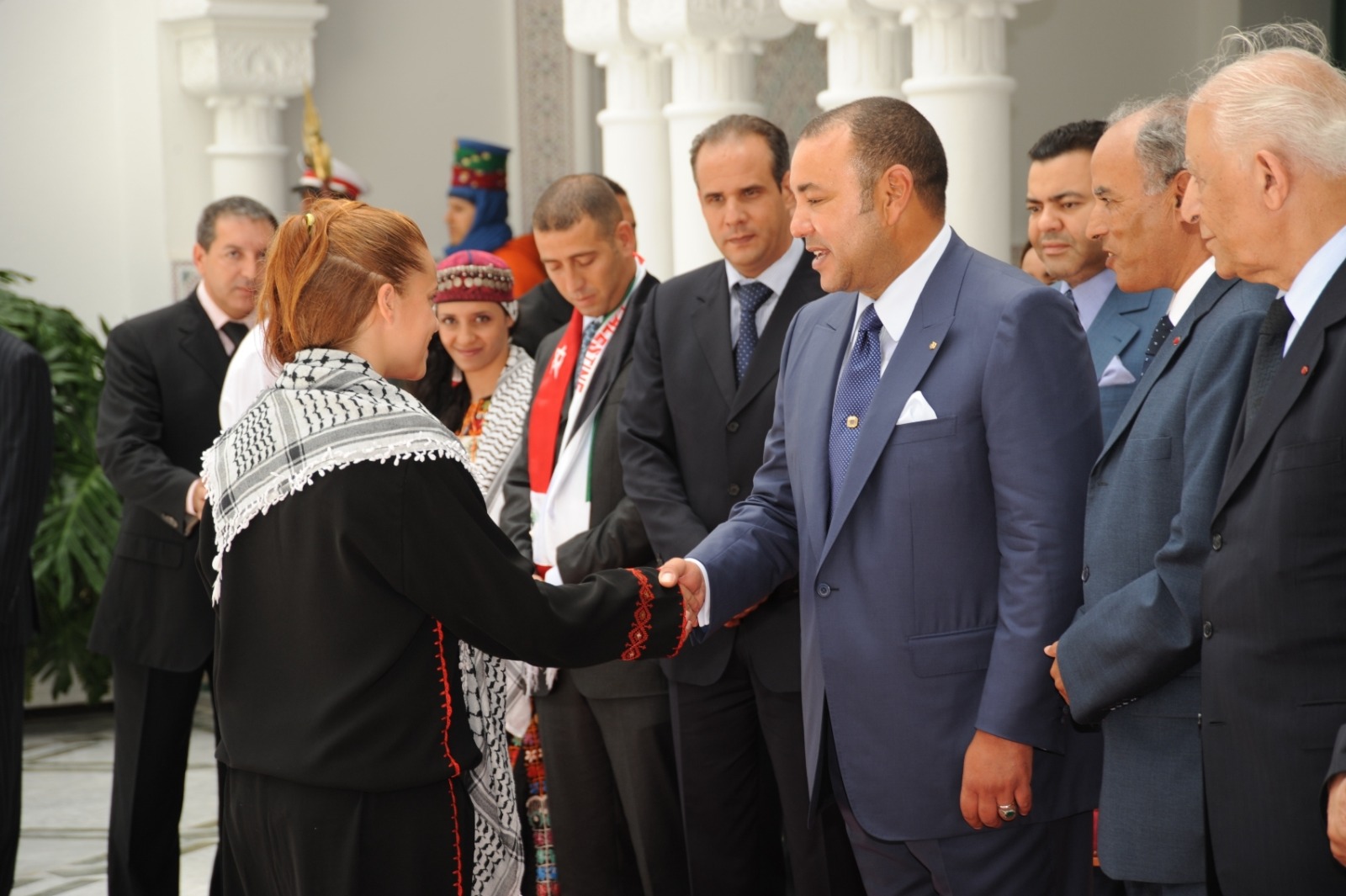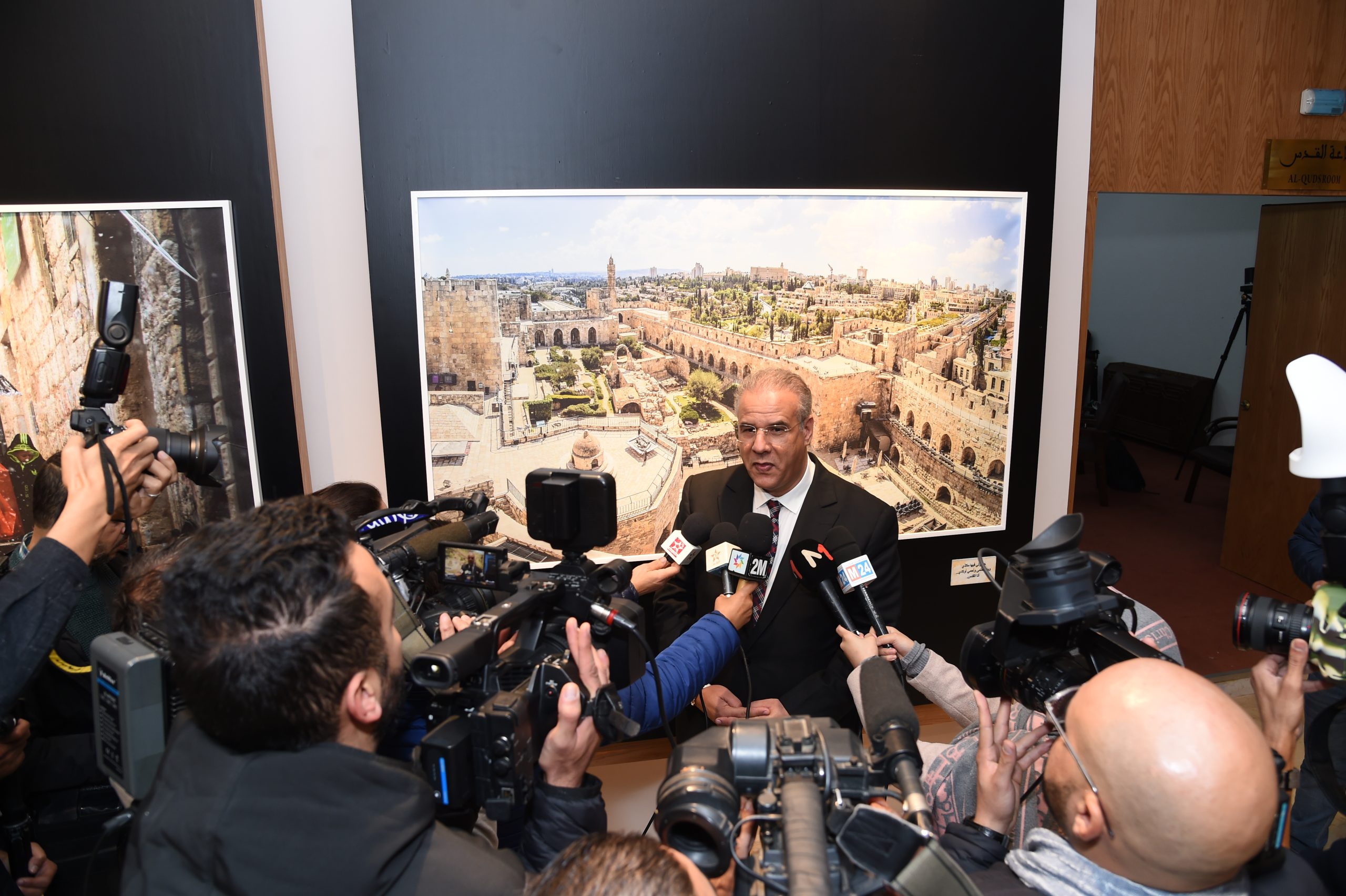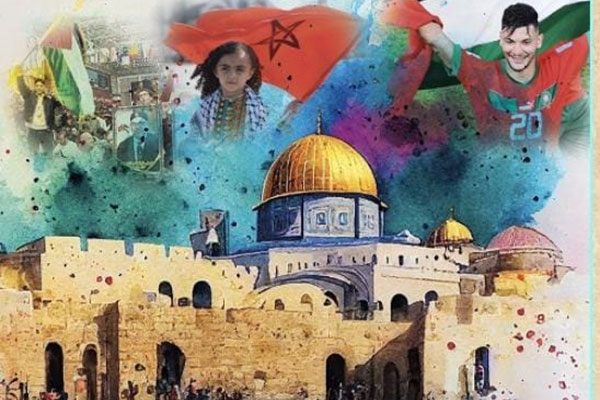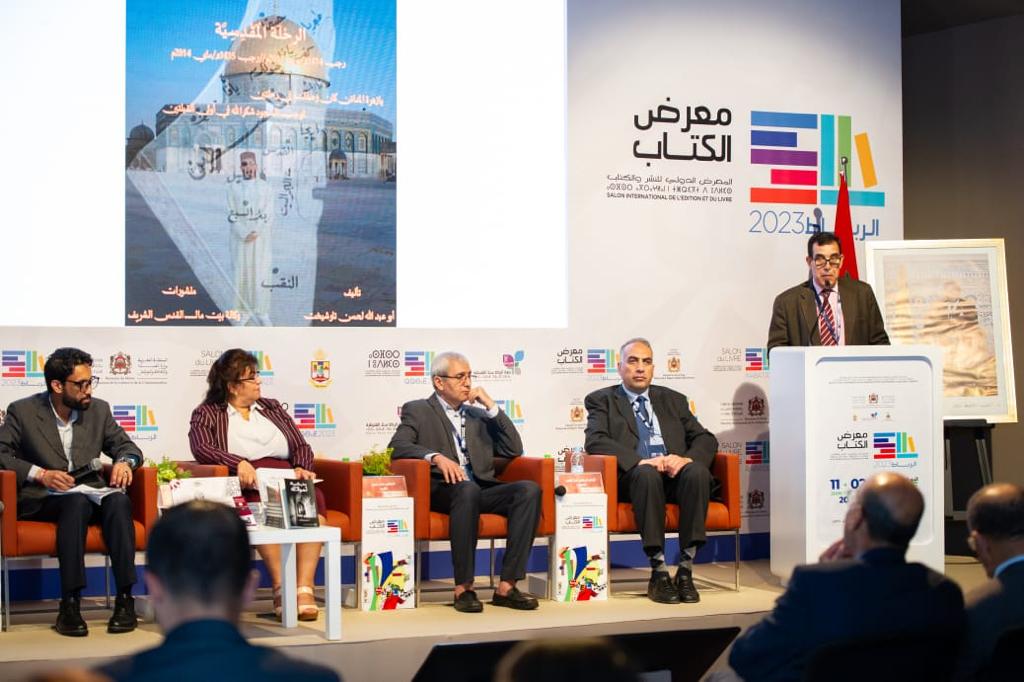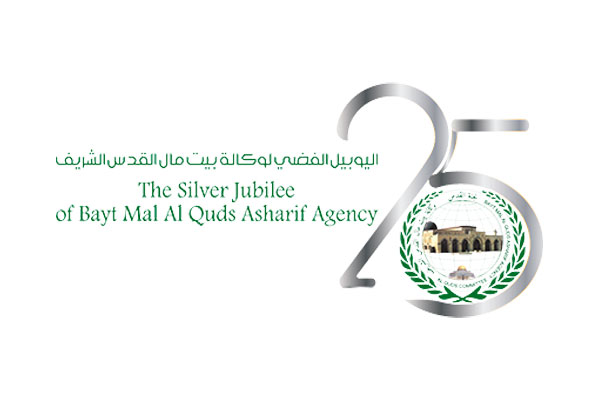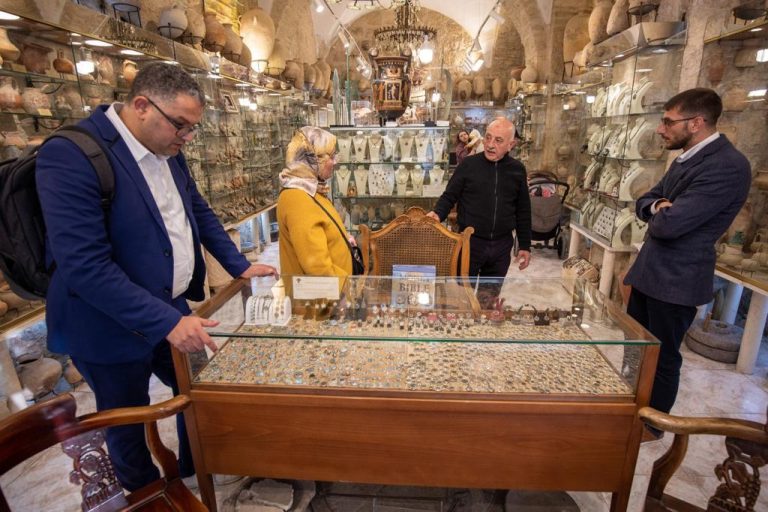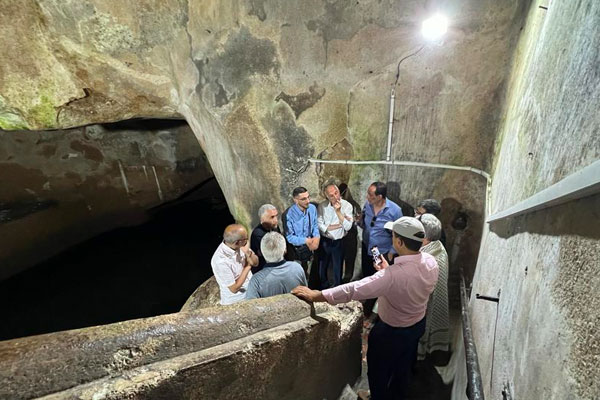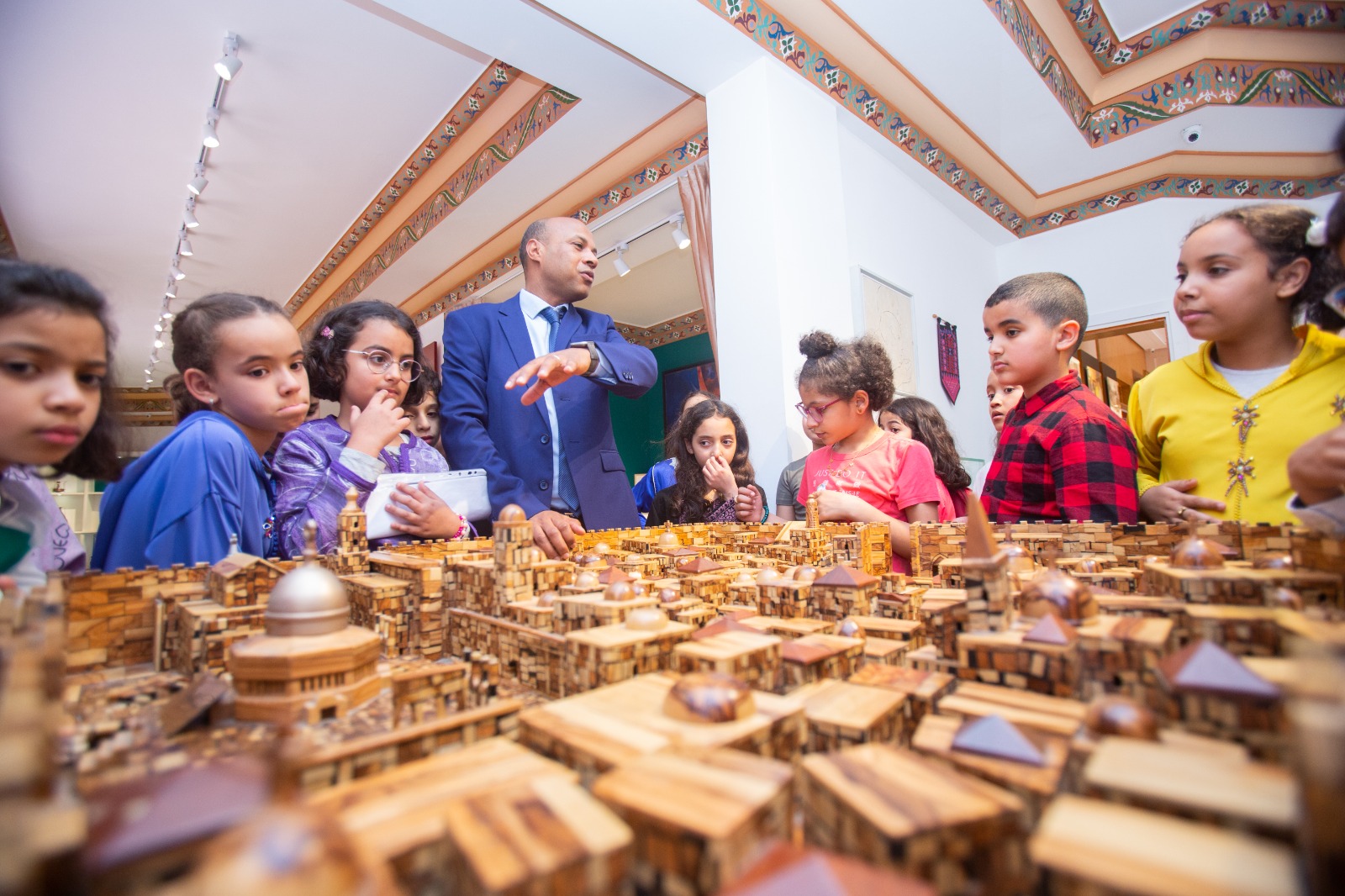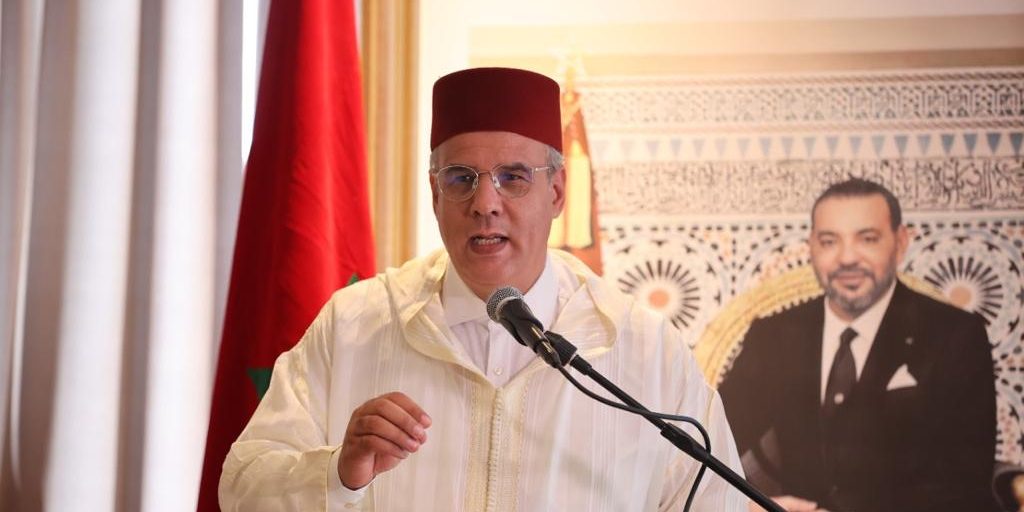13 February 2023
Cairo – The Bayt Mal Al-Quds Asharif Agency, under the Al-Quds Committee chaired by His Majesty King Mohammed VI, is the ideal tool to coordinate Arab and Islamic support for the Holy City, said Sunday in Cairo director in charge of management of the Agency, Mohamed Salem Charkaoui.
Speaking at the conference “Al-Quds 2023: Strengthening resilience, development and investment”, Charkaoui said that this establishment “allows us to fully assume our responsibilities in protecting Al-Quds, preserving its religious and cultural heritage, as well as supporting the resilience of its inhabitants, with special emphasis on the noble human goals that enshrine Al-Quds as a city of coexistence between the followers of the three monotheistic religions”.
He added that the Agency is aware of its responsibilities and understands the difficult reality in the Holy City, stressing that “the worrying indicators of the social and economic situation in the city show us a reality that can only be addressed through a concerted Arab, Islamic and international will”.
The aim is to provide adequate, tangible and sustainable support to the institutions of Al Quds, so that they can continue to fully perform their tasks, far from promises, slogans and sterile and vain bidding.
In this regard, the Palestinian plan to support the social sectors, which was developed by the relevant institutions and agencies of the Authority, in broad consultation with institutions in the Holy City and representatives of the population, provides an appropriate framework for funding, he added, noting that the annual funding plan of the Bayt Mal Al-Quds Asharif Agency is consistent and integrated with the Palestinian plan.
Charkaoui also noted that this plan covers the sectors of reconstruction, restoration, real estate acquisition, health, education, agricultural and commercial projects, support for the local economy, media, culture, youth, children, sports, empowerment and human development, as well as social assistance projects for orphans, widows, the elderly and people with special needs.
//
MAP
